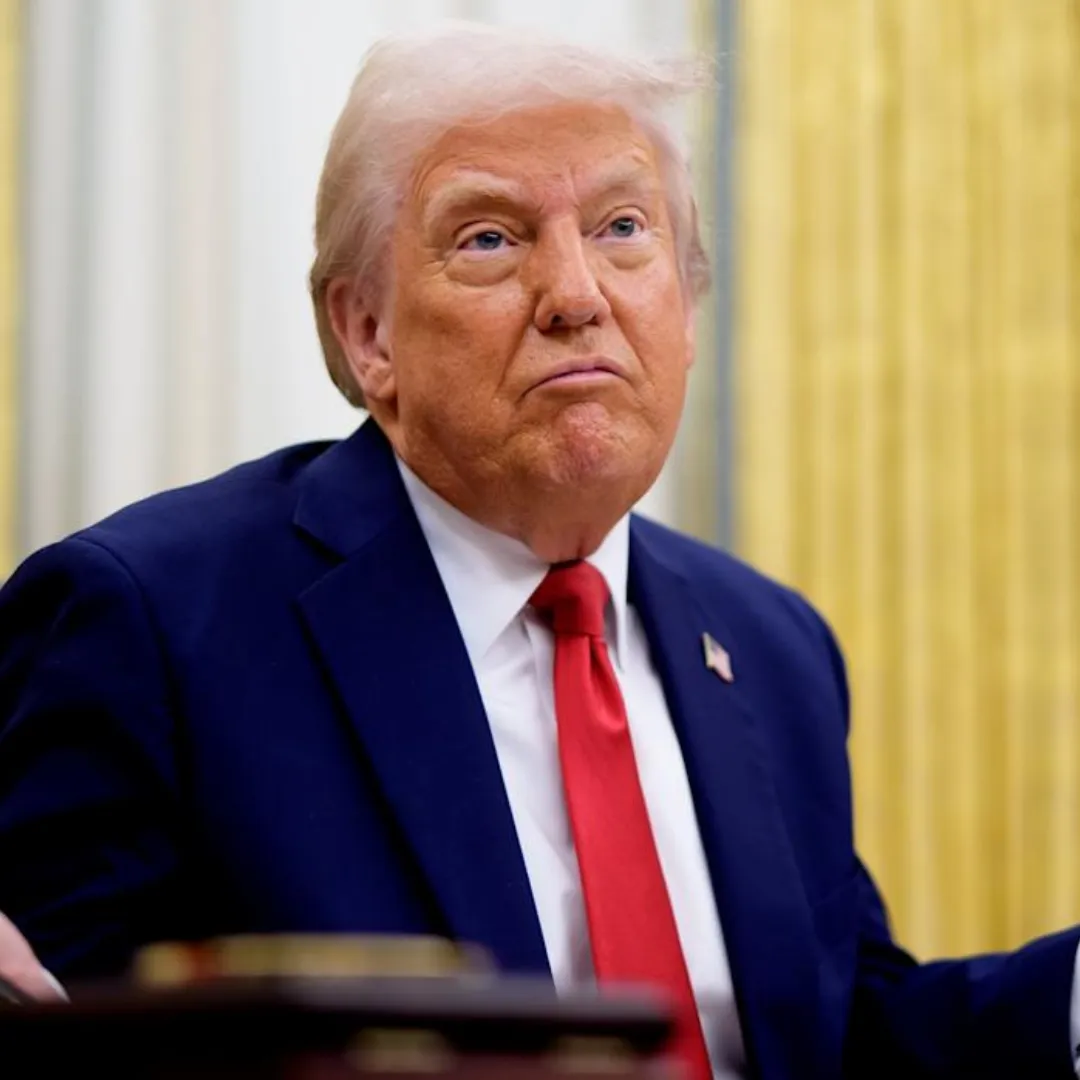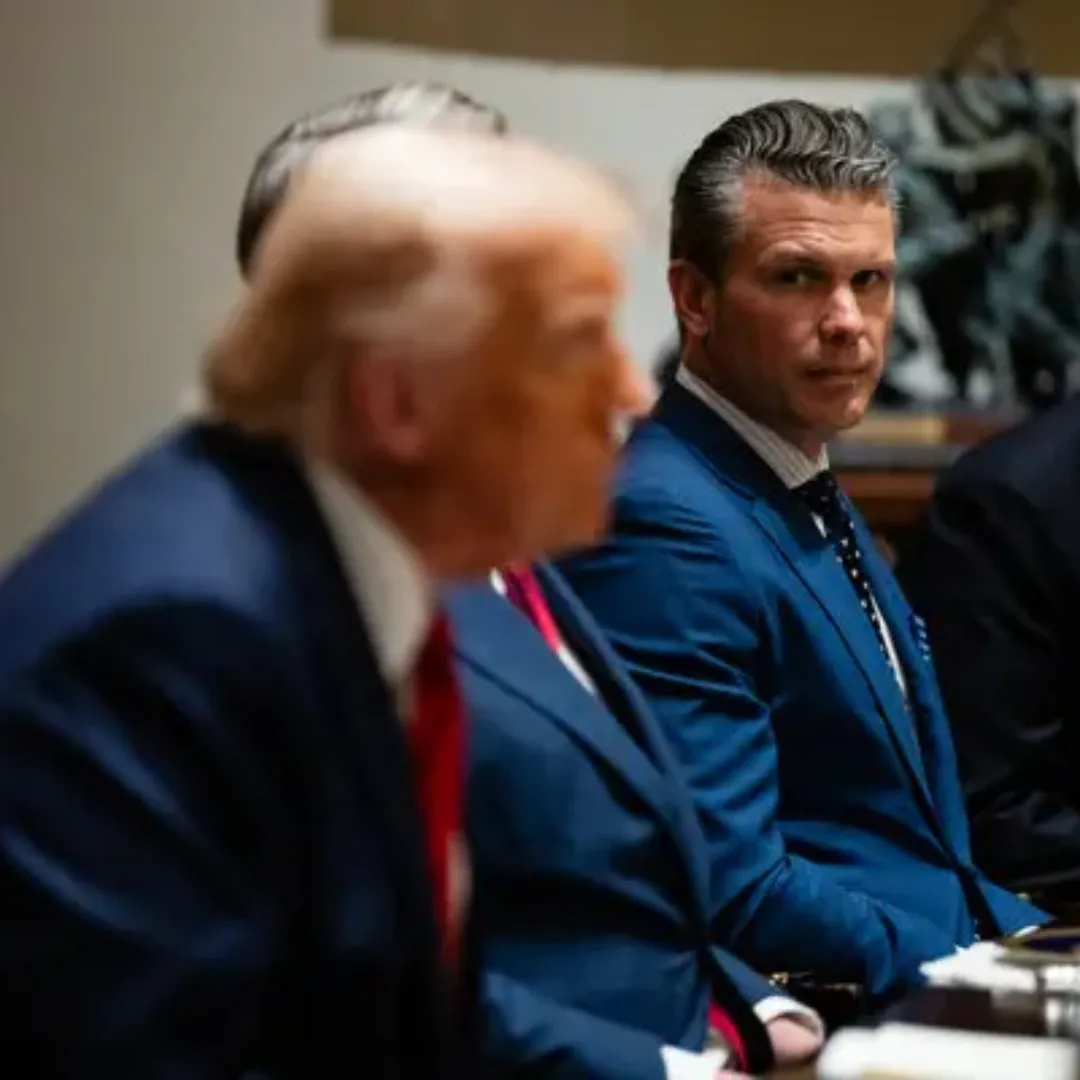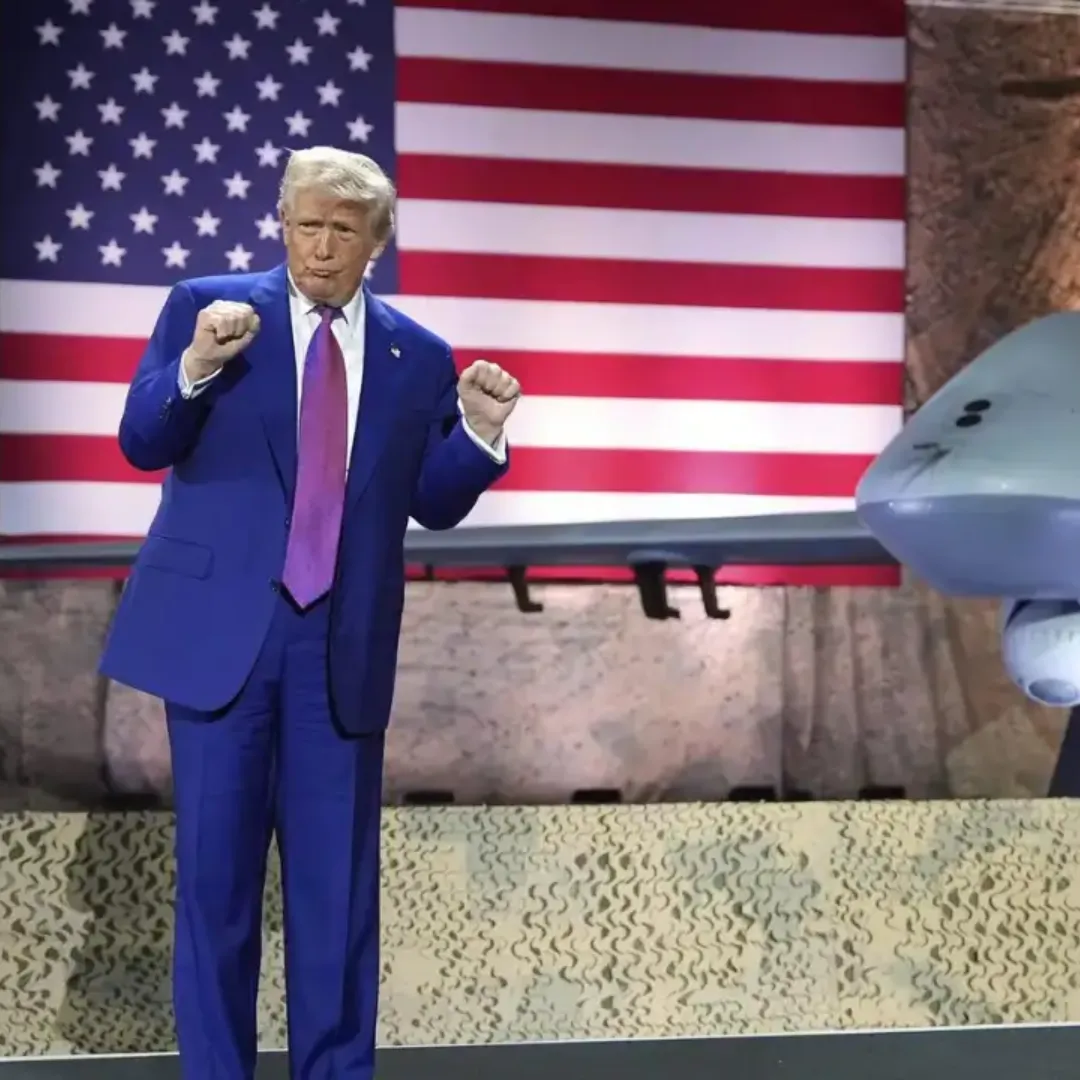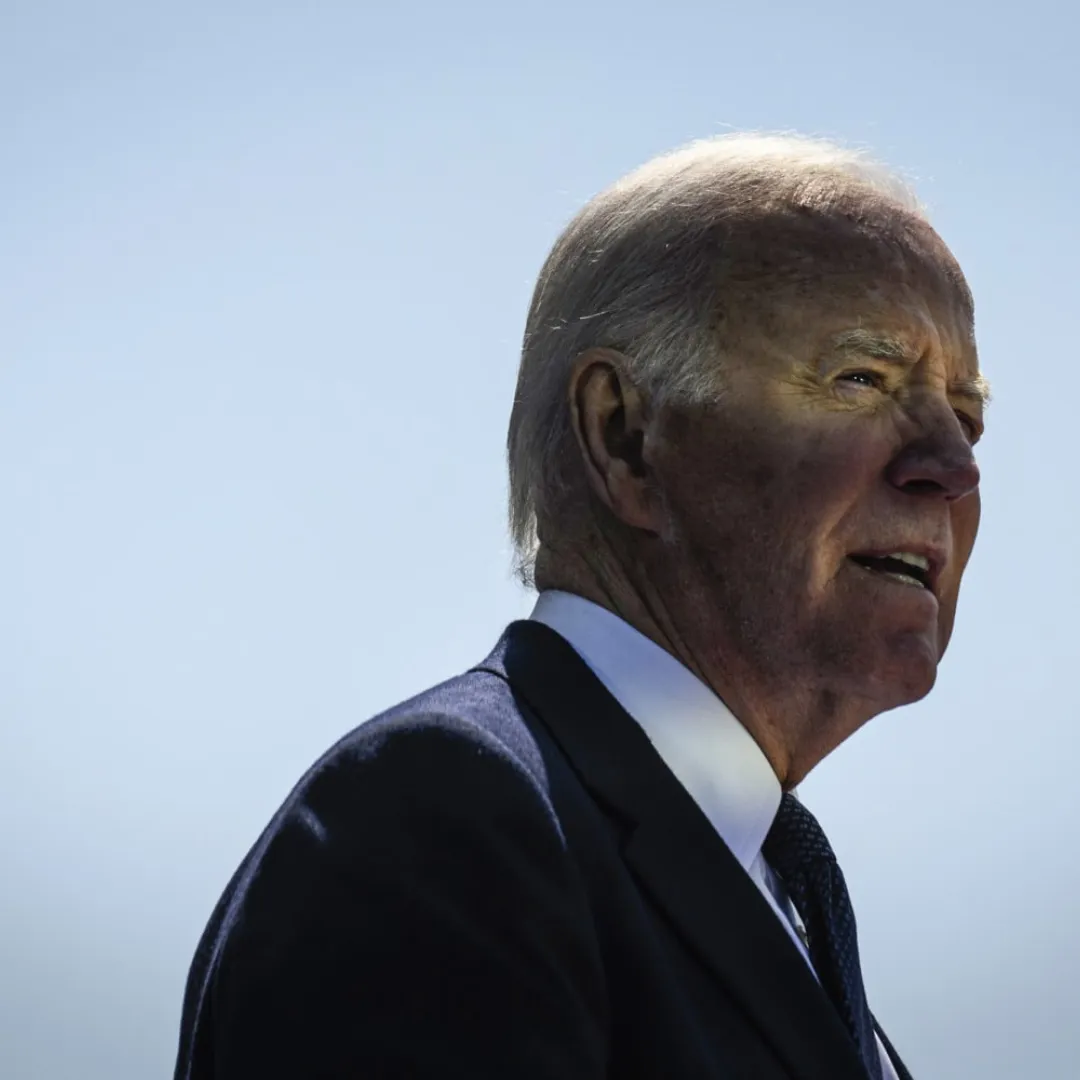
President Donald Trump has directed the Justice Department to investigate ActBlue, the Democratic Party’s primary fundraising platform, claiming that it may be facilitating illegal campaign donations.
In an executive order signed Thursday, Trump tasked Attorney General Pam Bondi with investigating allegations that ActBlue has been used to funnel “straw” or “dummy” donations, as well as foreign contributions to political candidates and committees. This move has been widely condemned by Democrats, who see it as yet another example of the Trump administration’s weaponization of government power against political opponents.
In response to the order, ActBlue condemned the investigation as an "oppressive use of power" by the White House. The platform, which has been at the heart of Democratic fundraising for over two decades, called the executive order a blatant attack on democracy.
"The Trump Administration’s and GOP’s targeting of ActBlue is part of their brazen attack on democracy in America," ActBlue said in a statement. "Today’s escalation by the White House is blatantly unlawful and needs to be seen for what it is: Donald Trump’s latest front in his campaign to stamp out all political, electoral, and ideological opposition."
The executive order directs the Justice Department, in consultation with the Treasury Department, to investigate whether illegal activities, such as foreign donations or illicit contributions, have been funneled through ActBlue.
The results of the investigation are expected to be reported within 180 days. The move raises questions about the Trump administration's use of legal powers to target opponents, which has become a recurring theme since Trump took office.
Since Trump’s presidency began, his administration has faced criticism for its use of governmental powers to retaliate against adversaries. This has included stripping security clearances from critics, punishing law firms connected to investigations into Trump, and now, targeting a major Democratic fundraising platform.
ActBlue, which has helped power a wave of small-dollar donations to Democratic campaigns and causes, was founded to provide a secure and accessible platform for grassroots support. Its success in mobilizing millions of small donors has been seen as a model of democratic engagement and a counterpoint to the influence of wealthy donors in the political system.

The investigation into ActBlue comes as part of a broader strategy by Republicans to attack what they view as "dark money" in politics. Michael Whatley, the chair of the Republican National Committee, praised the investigation, calling it a necessary step to address what he described as the "Democrats’ Dark Money scam."
Whatley’s statement reflects the ongoing partisan battle over the role of money in politics, with Republicans accusing Democrats of exploiting fundraising platforms to bypass regulations, while Democrats counter that these platforms are vital for empowering ordinary citizens to participate in the political process.
On the other hand, top Democratic leaders quickly denounced Trump’s move as an attempt to stifle democratic participation. A joint statement from key Democratic figures, including Democratic Congressional Campaign Committee Chair Suzan DelBene, Democratic National Committee Chair Ken Martin, Democratic Senatorial Campaign Committee Chair Kirsten Gillibrand, and Democratic Governors Association Chair Laura Kelly, called the investigation an attack on the democratic process.
“Donald Trump’s memorandum targeting ActBlue is designed to undermine democratic participation—and it’s no wonder why,” they said in their statement. “He knows Americans are already fed up with his chaotic agenda that is driving the economy off a cliff, so he’s trying to block lawful grassroots donations from supporters giving just $5 or $10 to candidates who oppose him while further empowering the corrupt billionaires who already control his administration.”
This criticism is rooted in concerns that Trump’s actions could deter small-dollar donations from ordinary Americans, who have increasingly become the backbone of Democratic political campaigns.
The fact that the investigation targets only ActBlue, without a similar investigation into WinRed—the Republican counterpart to ActBlue—has further raised suspicions that the move is politically motivated. WinRed has been used by Republicans to gather similar small-dollar donations for their candidates, but it was not included in Trump’s executive order.
As Trump’s investigation into ActBlue unfolds, it raises serious questions about the future of grassroots political participation. Democrats argue that this investigation is part of a broader Republican effort to silence opposition and undermine democratic processes.
Trump’s administration has long faced accusations of using government power for political gain, and this latest move only adds fuel to those claims.
For now, the focus remains on ActBlue and its ability to continue operating amid growing political and legal pressure. The platform has vowed to defend itself against what it sees as a direct attack on free speech and democratic engagement.
"ActBlue will continue its mission and work undeterred and uninterrupted, providing a safe, secure fundraising platform for the millions of grassroots donors who rely on us,” the organization said in its statement.
Whether this investigation will lead to any concrete legal action remains to be seen. However, it is clear that it has already become a rallying cry for Democrats, who see it as part of an ongoing Republican attempt to silence opposition and control the political narrative.
As the investigation progresses, the broader debate over the role of money in politics and the rights of everyday citizens to participate in the political process will continue to unfold.
In the end, Trump’s latest attack on ActBlue reflects his broader approach to political warfare, where the tools of government are used not just to implement policy, but to target and disempower political opponents. For now, the battle over ActBlue’s future is far from over, and it will continue to shape the ongoing debate over the intersection of politics, power, and democratic participation in America.




